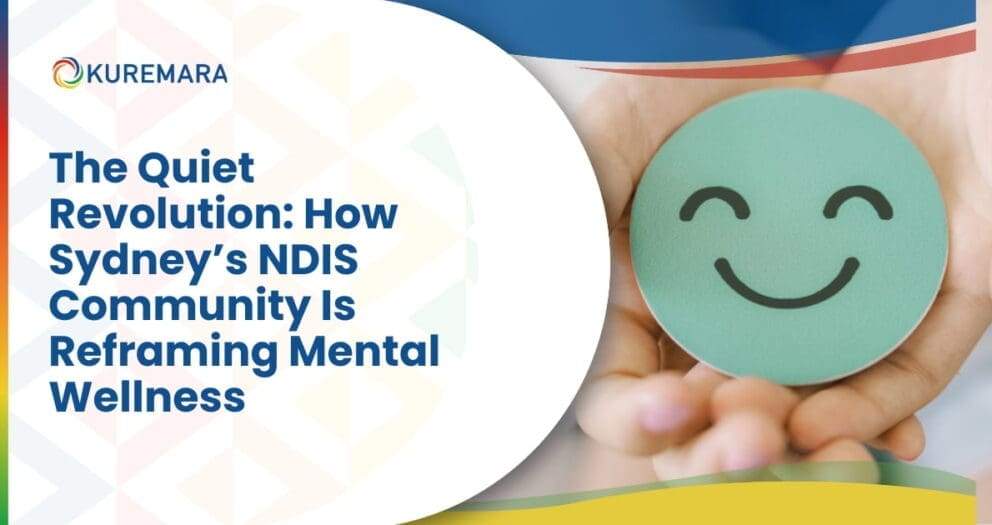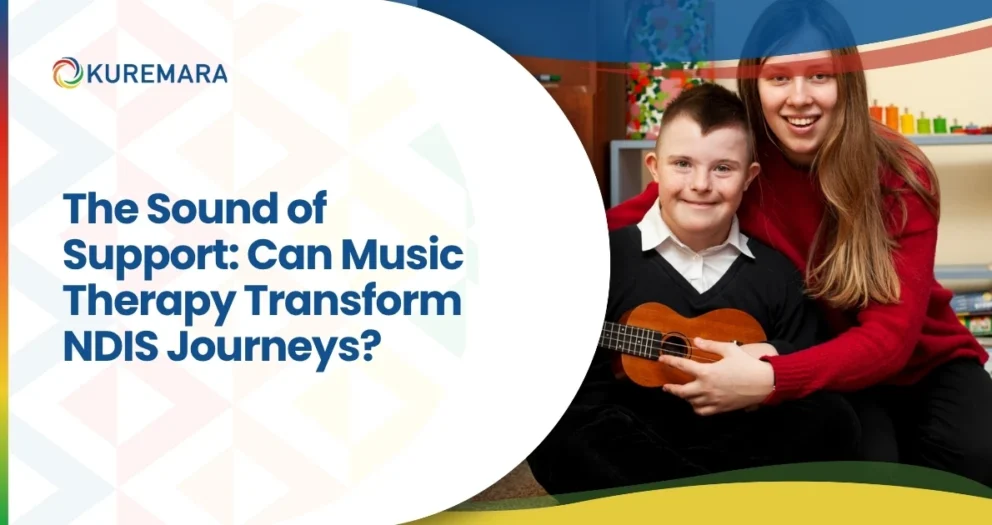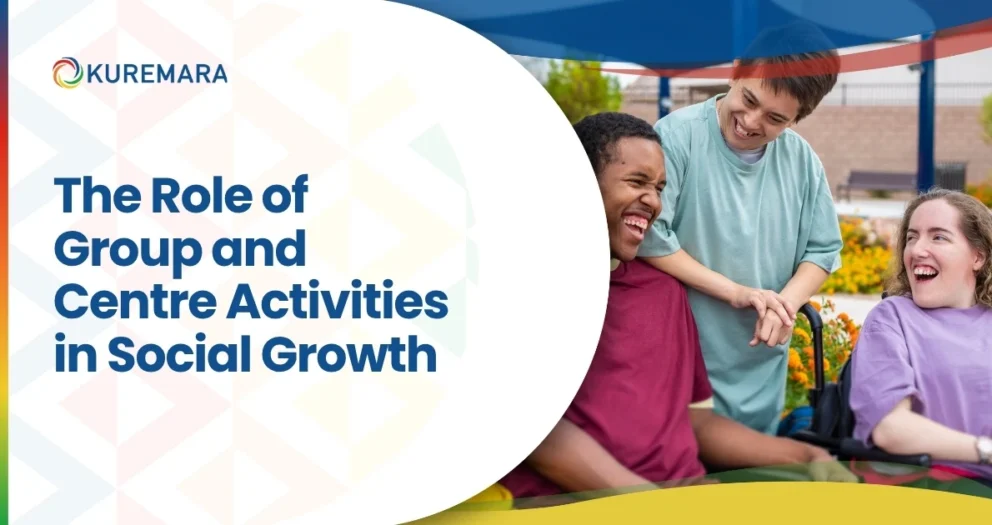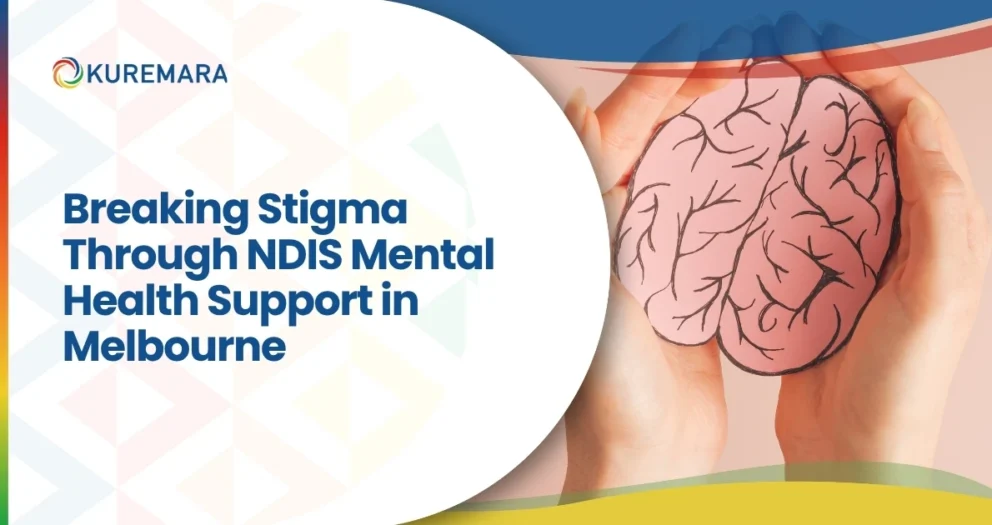“Inclusion is not just a strategy to help people overcome exclusion; it is a way of ensuring that everyone can contribute their unique skills and perspectives to the community.” – Author Unknown
The National Disability Insurance Scheme (NDIS) is a transformative initiative by the Australian Government aimed at empowering people with disabilities to lead independent and fulfilling lives. At its heart are the NDIS support categories, designed to offer tailored assistance to participants while enabling registered NDIS providers, support workers, and participants to thrive collectively. This blog will explore these support categories, their significance, and how they contribute to the growth and success of all stakeholders.
Understanding NDIS Support Categories

The NDIS support categories represent structured frameworks that classify the types of assistance available to participants. These categories ensure that individuals with disabilities receive the support they need in a systematic, equitable, and personalised manner. The supports are categorised based on specific goals, such as improving daily living, enhancing social participation, and achieving long-term independence.
Key NDIS Support Categories

The NDIS funding is grouped into three broad categories, each comprising specific support types:
1. Core Supports
Core Supports help participants with daily activities, enabling them to live independently and participate actively in their community. This category is further divided into:
- Assistance with Daily Life: Supports daily personal activities, including bathing, dressing, and meal preparation.
- Transport: Funding for travel to work, educational institutions, and community events.
- Consumables: Covers everyday items like continence aids and personal care products.
- Assistance with Social and Community Participation: Encourages involvement in community and recreational activities.
2. Capacity Building Supports
Capacity Building Supports aim to enhance participants’ skills and abilities to achieve long-term independence. These supports include:
- Support Coordination: Helps participants plan and manage their NDIS journey effectively.
- Improved Living Arrangements: Assists in securing suitable accommodation.
- Increased Social and Community Participation: Focuses on building skills to engage more actively in the community.
- Finding and Keeping a Job: Provides employment-related training and support.
- Improved Relationships: Offers strategies for building and maintaining relationships.
- Improved Health and Wellbeing: Includes fitness programs and dietary advice.
- Improved Learning: Helps participants pursue educational and skill-development opportunities.
- Improved Life Choices: Supports financial management and decision-making skills.
- Improved Daily Living: Focuses on enhancing daily skills like personal care and household tasks.
3. Capital Supports
Capital Supports provide funding for higher-cost items that significantly improve the participant’s quality of life. These include:
- Assistive Technology: Equipment like wheelchairs, communication devices, and hearing aids.
- Home Modifications: Structural changes to homes, such as ramps and accessible bathrooms, to improve mobility and safety.
What’s New in NDIS Guidelines?
As recent policy developments NDIS has introduced several updates to enhance participant outcomes and simplify plan management. One notable change is the integration of more flexible funding options within the support categories, allowing participants to allocate resources based on evolving needs and priorities. Additionally, the guidelines place a stronger emphasis on early intervention supports, particularly for children and young adults, to ensure better long-term outcomes. Another significant update is the improved clarity and transparency in how funding decisions are made, ensuring that participants and their families fully understand their plans. These changes reflect the NDIS’s ongoing commitment to creating a participant-centered approach that promotes growth, independence, and inclusion.
New NDIS Support Type Developments
Recent developments in NDIS support types have introduced additional categories to address evolving participant needs. Notable new support types include:
- Home and Living (Core): Designed to support independent living, focusing on assistance with daily needs within the home.
- Behaviour Support (Capacity Building): Offers strategies and interventions to address and manage challenging behaviors.
- Assistive Technology Repairs and Rental (Capital): Provides funding for the maintenance and temporary replacement of essential assistive devices.
- Specialist Disability Accommodation (Capital): Supports housing solutions for participants with extreme functional impairments or very high support needs.
These additions aim to provide more tailored and specific assistance, ensuring participants have access to the most appropriate resources for their individual circumstances. Recurring supports within these categories also enhance consistency in care, fostering long-term stability and growth.
How NDIS Support Categories Foster Success and Growth
The NDIS support categories are more than just funding frameworks; they are catalysts for mutual success and growth. Let’s explore their impact on participants, providers, and support workers.
Benefits for Participants

1. Enhanced Independence: Core Supports empower participants to manage daily tasks independently, fostering self-reliance and confidence.
2. Skill Development: Capacity Building Supports help participants acquire new skills, pursue education, and achieve career goals.
3. Improved Quality of Life: Assistive technology and home modifications under Capital Supports create safer and more accessible living environments.
4. Social Inclusion: Supports promoting community participation enable participants to build meaningful relationships and feel included in society.
Advantages for Registered NDIS Providers
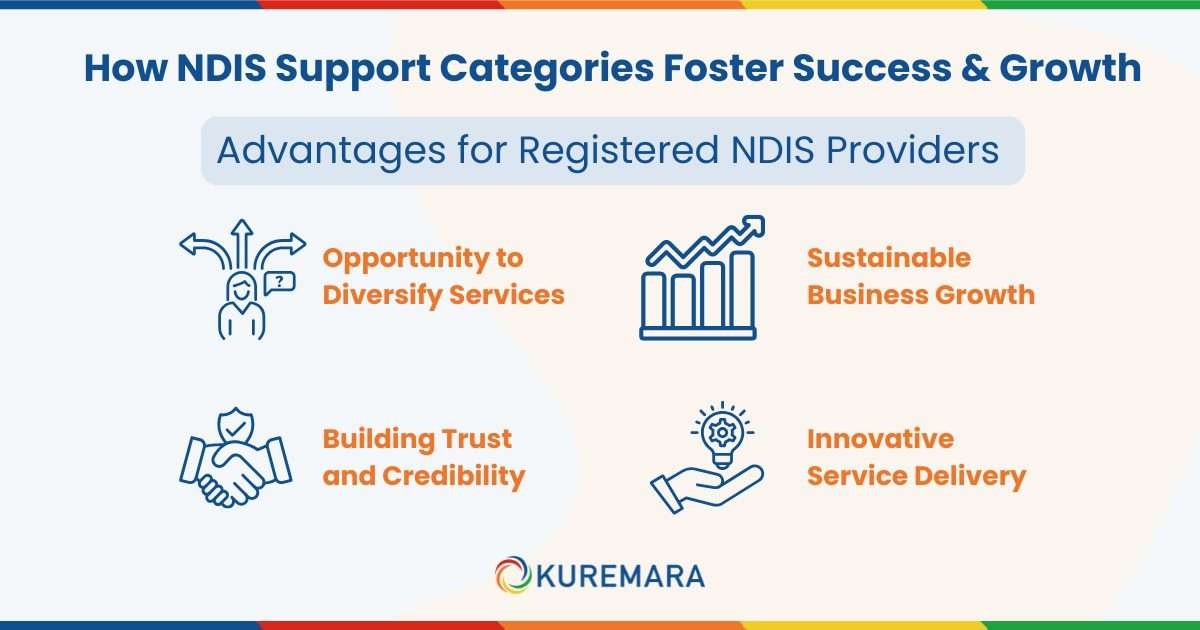
1. Opportunity to Diversify Services: By understanding and offering a range of support categories, providers can cater to diverse participant needs.
2. Building Trust and Credibility: Delivering quality services aligned with participants’ goals enhances reputation and trust.
3. Sustainable Business Growth: Tailored services attract more participants, fostering long-term partnerships and growth.
4. Innovative Service Delivery: Providers can leverage technology and innovative approaches to meet the unique requirements of participants.
Growth for Support Workers

1. Professional Development: Support workers gain specialised skills and experience through training and hands-on support.
2. Job Satisfaction: Witnessing participants achieve their goals provides a sense of purpose and fulfillment.
3. Career Opportunities: The growing demand for NDIS services creates ample opportunities for career advancement.
4. Enhanced Relationships: Building meaningful connections with participants and their families fosters a sense of community.
Navigating NDIS Support Categories
To maximise the benefits of NDIS support categories, stakeholders can adopt the following strategies:
For Participants:
- Understand Your Plan: Familiarise yourself with the funded support categories in your NDIS plan.
- Communicate Goals Clearly: Share your aspirations and preferences with your provider and support workers.
- Leverage Support Coordination: Seek assistance from support coordinators to navigate the NDIS system effectively.
For Providers:
- Stay Updated: Keep abreast of changes in NDIS policies and funding categories.
- Tailor Services: Offer personalised services aligned with individual participant goals.
- Invest in Training: Equip staff with the necessary skills and knowledge to deliver high-quality support.
For Support Workers:
- Embrace Continuous Learning: Participate in training programs to enhance your expertise.
- Foster Empathy and Respect: Build positive relationships with participants through understanding and patience.
- Stay Informed: Keep track of developments in NDIS categories and support requirements.
Conclusion
The NDIS support categories are a cornerstone of Australia’s disability support framework, enabling participants to live with dignity and purpose while creating opportunities for providers and support workers to grow and succeed. By understanding and leveraging these categories, stakeholders can achieve holistic success—mentally, physically, and behaviorally.
At Kuremara, we are committed to simplifying the complexities of NDIS for our participants and partners. Our mission is to foster inclusion, growth, and success for all—one step at a time.
 care@kuremara.com.au
care@kuremara.com.au


